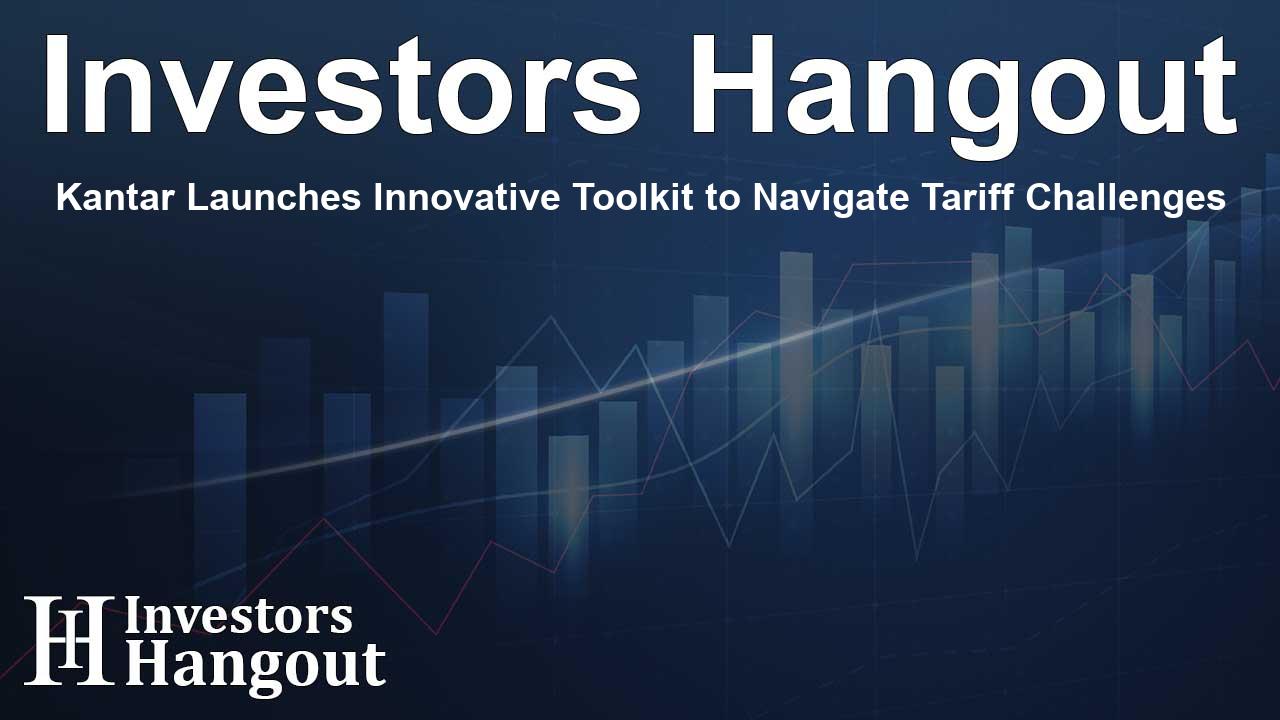Thailand's Central Bank: New Governor Needed To Navigate Tariff Challenges

Table of Contents
The Current Economic Landscape and Tariff Impacts on Thailand
Thailand's economy, while exhibiting resilience in certain sectors, is facing considerable pressure from global trade uncertainties. The country's strong reliance on exports, particularly in manufacturing and agriculture, makes it highly vulnerable to changes in international tariff policies. The ongoing trade disputes have led to decreased demand for Thai goods in key export markets, impacting crucial industries.
The specific impact of tariffs on key Thai industries is multifaceted:
- Tourism: While tourism remains a significant contributor to Thailand's GDP, escalating global uncertainty can deter international travelers, reducing revenue streams.
- Exports: Decreased export demand due to tariffs imposed by trading partners directly impacts Thailand's export-oriented businesses, leading to job losses and reduced economic growth. This is particularly true for sectors like electronics and automotive parts.
- Manufacturing: Increased import costs of raw materials and intermediate goods, stemming from tariffs, raise production costs for Thai manufacturers, reducing competitiveness and profitability.
- Agriculture: Tariffs imposed on Thai agricultural exports, such as rice and seafood, can significantly harm farmers and agricultural businesses.
Here's a summary of the key tariff impacts:
- Decreased export demand due to tariffs: Data from the Bank of Thailand shows a noticeable decline in export growth since the escalation of trade tensions.
- Increased import costs affecting inflation: Rising import prices due to tariffs contribute to higher inflation rates, eroding consumer purchasing power.
- Potential disruption to supply chains: Trade wars disrupt established supply chains, forcing Thai businesses to seek alternative sources, increasing costs and complexities.
- Impact on foreign investment: Uncertainty surrounding tariff policies deters foreign investment, hindering economic growth and development.
Key Challenges Facing the New Governor of Thailand's Central Bank
The new governor of Thailand's Central Bank will inherit a complex set of challenges, primarily centered around navigating the uncertainties created by global trade tensions and their impact on the Thai economy. This requires a delicate balancing act between maintaining domestic stability and adapting to external pressures.
Key challenges include:
- Maintaining price stability amidst tariff-induced inflation: The new governor must implement effective monetary policies to control inflation without stifling economic growth.
- Supporting economic growth while managing external risks: Balancing the need for economic stimulus with the need to safeguard against external shocks is a crucial task.
- Balancing domestic needs with international economic pressures: The governor must consider the impact of global events on the Thai economy while addressing domestic priorities.
- Strengthening the Thai Baht's stability: Managing the exchange rate of the Baht against other currencies is crucial to maintain competitiveness and prevent volatility. This requires careful monitoring of foreign exchange reserves and appropriate intervention when necessary.
- Collaborating with the government on fiscal policy: Effective coordination between monetary and fiscal policies is essential for achieving macroeconomic stability. This requires strong communication and collaboration between the Central Bank and the government.
Required Skills and Qualities for the New Governor
The next governor of Thailand's Central Bank needs a unique blend of expertise and personal attributes to successfully navigate the challenges ahead. The role demands a deep understanding of both domestic and international economic forces, along with exceptional leadership skills.
Essential skills and qualities include:
- Deep understanding of monetary policy and international economics: This includes a comprehensive grasp of macroeconomic principles, international trade theory, and financial markets.
- Strong leadership and communication skills: The governor must effectively communicate policy decisions to the public, the government, and international organizations.
- Ability to navigate complex political and economic landscapes: The role requires a high level of political acumen and the ability to negotiate effectively with various stakeholders.
- Experience in crisis management: The ability to respond effectively to economic crises and market volatility is essential.
- Proven track record of success in a similar role: Prior experience in a senior position within a central bank or a similar financial institution is highly desirable.
Potential Policy Responses to Tariff Challenges
The new governor will need to explore various policy options to mitigate the negative effects of tariff challenges on Thailand's economy. Effective monetary policy tools will play a crucial role in this process.
Potential policy responses include:
- Adjusting interest rates to manage inflation: Raising interest rates can curb inflation but may also slow down economic growth. The governor must find a balance.
- Managing foreign exchange reserves to stabilize the Baht: Strategic intervention in the foreign exchange market can help stabilize the Baht's exchange rate.
- Implementing measures to support affected industries: Targeted support for industries heavily impacted by tariffs can help cushion the economic blow. This might include tax breaks, subsidies, or other financial incentives.
- Fostering collaboration with other Southeast Asian nations: Regional cooperation can help mitigate the impact of tariffs and create alternative trade routes.
- Exploring alternative trade partnerships: Diversifying trade relationships beyond countries imposing tariffs can reduce reliance on vulnerable markets.
Conclusion
The appointment of a new governor for Thailand's Central Bank is crucial given the current economic climate. The challenges posed by global trade tensions and tariff disputes require strong leadership, deep expertise in monetary policy and international trade, and a proactive approach to policymaking. The new governor must possess the skills to navigate these complexities, ensuring economic stability and fostering sustainable growth. The success of Thailand’s Central Bank, and by extension, the Thai economy, hinges on the ability of the new governor to effectively implement policies that mitigate the negative impacts of tariffs while promoting economic resilience. The critical need for a strong and experienced governor at Thailand's Central Bank cannot be overstated.

Featured Posts
-
 Mangsa Tragedi Putra Heights Terima Bantuan Daripada 10 Adn Pas Selangor
May 09, 2025
Mangsa Tragedi Putra Heights Terima Bantuan Daripada 10 Adn Pas Selangor
May 09, 2025 -
 Is Androids New Interface Enough To Capture The Gen Z Market
May 09, 2025
Is Androids New Interface Enough To Capture The Gen Z Market
May 09, 2025 -
 Harry Styles Honest Reaction To His Snl Impression
May 09, 2025
Harry Styles Honest Reaction To His Snl Impression
May 09, 2025 -
 Dali Bekam E Na Dobar Fudbaler Na Site Vreminja
May 09, 2025
Dali Bekam E Na Dobar Fudbaler Na Site Vreminja
May 09, 2025 -
 Champions League Semi Final Draw Barcelona Inter Arsenal And Psg Dates Confirmed
May 09, 2025
Champions League Semi Final Draw Barcelona Inter Arsenal And Psg Dates Confirmed
May 09, 2025
